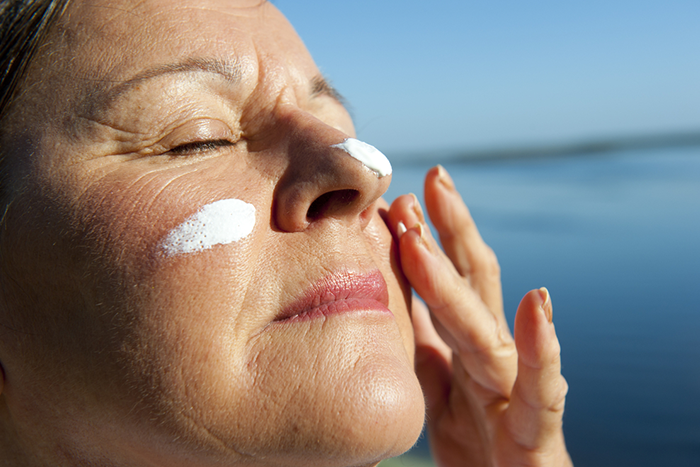Q&A: What is Positive Psychology? And can it help me during this time of stress?

Q: What is Positive Psychology? And can it help me during this time of stress?
A: Positive Psychology is a relatively new field of study that focuses on improving our mental health by means of “building what’s strong”—a term coined by Martin E.P. Seligman, one of the foremost advocates of positive psychology. It encourages patients to focus on positive emotions and mental states, such as happiness, joy, compassion, love, and “flow” (a state of being undistracted by thought), in contrast to the traditional psychotherapy that focuses on negative emotions, like anger and sorrow.
Although the majority of research in mental health over the last 100 yrs has focused on pathology and “fixing what’s wrong”, or identifying and treating disease and disorders, modern research is showing that augmenting the traditional psychotherapy approach with positive psychology can contribute to long-lasting peace, calm, connectedness, joy… and even longevity!
Positive psychology is also beneficial to advance the well-being and optimal functioning in healthy people. Some psychologists such as Abraham Maslow, and Carl Rogers, saw early on that there was a benefit to studying the holistic nature of our mental health and created popular theories such as Maslow’s Hierarchy, which shows a hierarchy of what makes people happy and the things that they do to achieve that happiness. Today, we continue to learn and study less clinical forms of positive psychology that can be practiced daily, and eventually formed into positive habits (learn how to form healthy habits in 6 easy steps).
Almost 25 yrs ago, National Geographic did a study on populations with a high rate of Centenarians (people who live to over 100), because not only do these populations live longer, but they are also considered the happiest people on earth. Their physical, mental, emotional, and spiritual health, radiate vitality, calm, peace, joy, and connectedness. There is a correlation between their positivity and their longevity (to be fully transparent, there are a host of other lifestyle factors such as diet, exercise, and work habits). If you want to dig into this some more, the findings and the continued research can be found on Bluezones.com.
Now, each year, the United Nations rates the “Happiest Nations on Earth”, and is finding that these “Blue Zones” are constantly topping the charts. For relevance, Canada currently ranks 6th behind the Scandinavian countries and the Netherlands. The United States ranks 18th. So what do these populations do differently? Below are some behaviors found in the Blue Zones that you can implement to counter mental and emotional stress, anxiety, and depression, while contributing to a deep satisfaction with ourselves and our life’s circumstances.
6 mental health behaviors for balanced wellness
Smile
It takes less muscles than a frown and is infectious. Consider making a practice of smiling at the first 5 people you see in a day. You’ll likely receive one in return.
Practice Gratitude
Finish your day by journaling 5 experiences or people you appreciated in your day… completing your day with your ‘glass half full’.
Savor
Slow down to bring as much presence as possible to a pleasurable experience. Relish in it with as many senses as possible. This builds your enjoyment of being singularly focused in the present.
Flow
Revisit or start fresh with an activity that seduces you into full engagement. It could be creative or physical. Immerse yourself so deeply that you lose track of time and self-consciousness or mundane thought.
Connect
Trade an hour of social media engagement for an hour of face to face sharing. We are wired for attachment to others through our limbic, emotional-social brain. Cues from facial expression, body language, and voice inflection are essential for all trusting relationships.
Be Mindful
Employing the same mindful presence that we use when we savor a pleasurable experience, practice 5 minutes of deep breathing while staying present, curious, and self-compassionate for any quality of thought or feeling that arises while you are still. Notice, allow, and let it go.
Exercising these positive psychology tools will deepen happiness, contentment, and peace of mind, and will enrich our lives, and those around us, with the key elements for joy and longevity.
What is Mountain Trek?
Mountain Trek is the health reset you’ve been looking for. Our award-winning health retreat, immersed in the lush nature of British Columbia, will help you detox, unplug, recharge, and roll back years of stress and unhealthy habits. To learn more about the retreat, and how we can help you reset your health, please email us at info@mountaintrek.com or reach out below:








